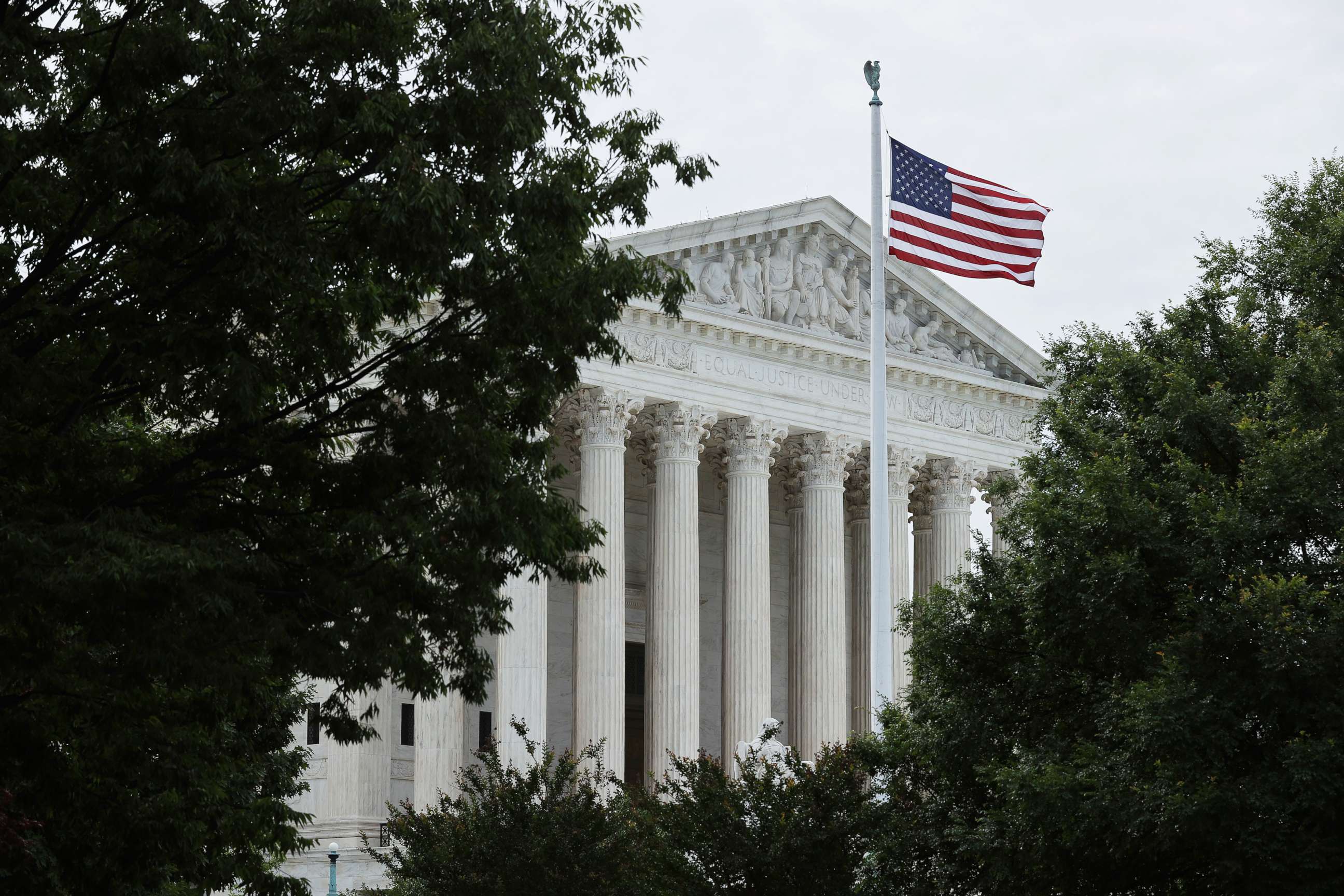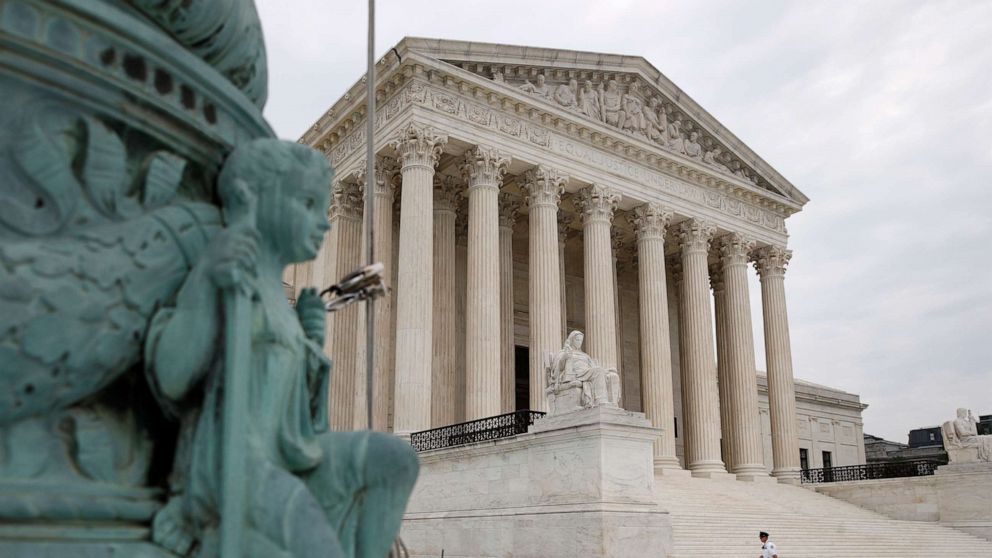Supreme Court rules states can stop 'faithless electors' from going rogue in presidential elections

A unanimous Supreme Court ruled Monday that states can require their presidential electors to support the candidate chosen by a majority of voters and punish electors who go rogue.
The decision, just five months before the 2020 presidential election, reduces the chance of Electoral College chaos in the event of a close outcome and possibility that some members may cast ballots contrary to vote totals in their states.
"The Constitution's text and the nation's history both support allowing a state to enforce an elector's pledge to support his party's nominee -- and the state voters' choice -- for president," writes Justice Elena Kagan in the opinion.
The decision was a loss for several so-called "faithless electors," from Washington and Colorado, who were penalized by their states in 2016 after voting for a Republican presidential candidate against state laws requiring them to back the popular vote winner -- the Democrat, Hillary Clinton.
They were among seven delegates nationwide who cast ballots at the Electoral College for candidates they were not pledged to support.
Thirty-two states have laws requiring presidential electors to cast ballots for the popular-vote winner; fifteen of those impose sanctions on electors who violate their pledge.

"The states have devised mechanisms to ensure that the electors they appoint vote for the presidential candidate their citizens have preferred. With two partial exceptions, every State appoints a slate of electors selected by the political party whose candidate has won the State’s popular vote. Most States also compel electors to pledge in advance to support the nominee of that party," Kagan writes. "This Court upheld such a pledge requirement decades ago, rejecting the argument that the Constitution 'demands absolute freedom for the elector to vote his own choice."
The plaintiff electors, appealing sanctions imposed in 2016, argued that states have the power to appoint electors but cannot control how they vote, giving them broad discretion as representatives even if they take a pledge to vote a certain way.
The states argued that, implicit with the constitutional power to appoint electors, is the power to remove them for any reason -- especially in cases where they risk corrupting the democratic process.
There have been 180 faithless votes for either president or vice president out of 23,000 cast in the nation's 244 year history, Kagan noted. Rogue electors have never impacted the outcome of an election, but in a very close race could be critical.
“At a time when faith in government institutions is already dangerously low, it is a relief that the Supreme Court has affirmed that states can impose penalties on electors who cast ballots in the Electoral College that violate state law and contradict the votes of the people they represent," said Meredith McGehee, executive director of Issue One, a nonpartisan nonprofit voter advocacy group.
This report was featured in the Tuesday, July 7, 2020, episode of “Start Here,” ABC News’ daily news podcast.
"Start Here" offers a straightforward look at the day's top stories in 20 minutes. Listen for free every weekday on Apple Podcasts, Google Podcasts, Spotify, the ABC News app or wherever you get your podcasts.




